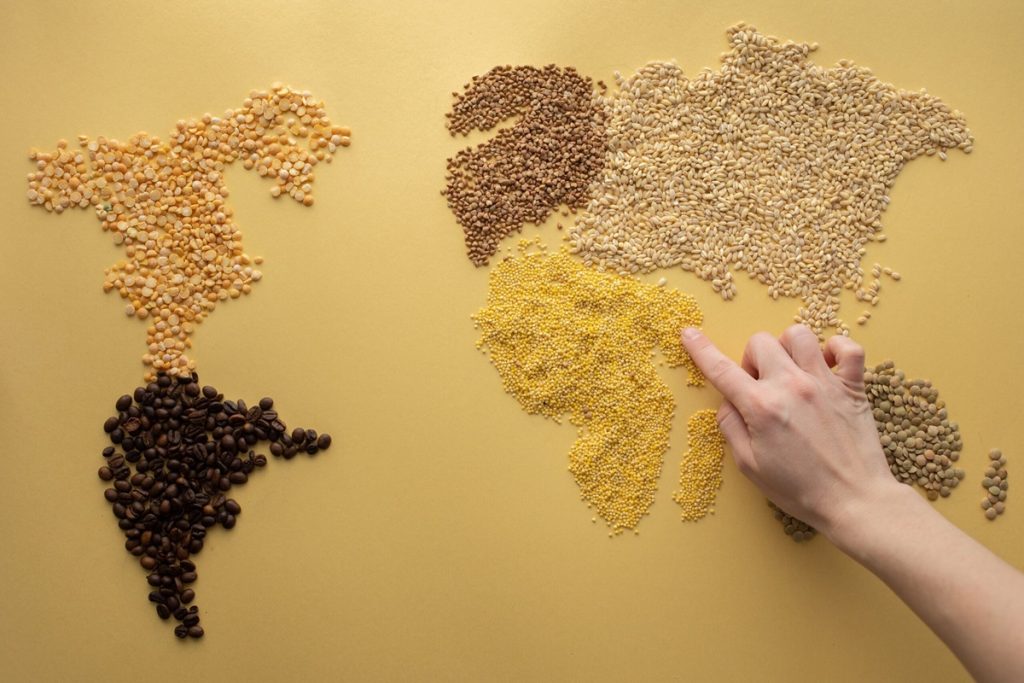The latest State of Food Security and Nutrition in the World (SOFI) report, published on Wednesday by five United Nations specialised agencies, reveals that approximately 733 million people experienced hunger in 2023.
Hunger affected one in every eleven people globally and one in five in Africa, with numbers rising on the continent. The report emphasises that billions still struggle to access adequate food, as around 2.33 billion people worldwide faced moderate or severe food insecurity in 2023.
It noted that this figure has remained relatively unchanged since the significant increase in 2020 during the Covid-19 pandemic. David Laborde, director of agri-food economics at the Food and Agriculture Organization, asserts that addressing this issue is a political decision that hinges on “how much money we are ready to put on the table”.
“Today we produce enough food on this planet to feed everyone. So if we want to solve the position by 2030, it’s technically feasible,” he says.
Despite progress in certain regions, conflicts in places such as Sudan and the Gaza Strip have significantly exacerbated hunger.
The report forecasts that if current trends persist, approximately 582 million people could face chronic undernourishment by 2030, with half of them in Africa.

Laborde emphasised that chronic hunger is a crisis affecting people not just presently, but its repercussions will continue to be felt in the future.
“Pregnant women, kids that face malnutrition problem today, will pay the price all of their life. So by not solving the problem today, we are basically impoverishing these countries in the future,” he says.
The report highlights that food insecurity and malnutrition are worsening due to a combination of factors, including ongoing food price inflation, which continues to diminish economic gains for many people across numerous countries.
Moreover, major catalysts like conflict, climate change, and economic downturns are becoming more frequent and severe. These issues and underlying factors, such as unaffordable healthy diets, unhealthy food environments, and persistent inequality, are now coinciding simultaneously, amplifying their individual impacts.
The report stresses that achieving the Sustainable Development Goal of Zero Hunger demands a comprehensive approach and targeted interventions. This involves overhauling and fortifying agri-food systems, tackling inequalities, and ensuring affordable and accessible healthy diets for everyone.
The UN agencies advocate for increased and more efficient financing and a clear and standardised definition of financing to enhance food security and nutrition.


